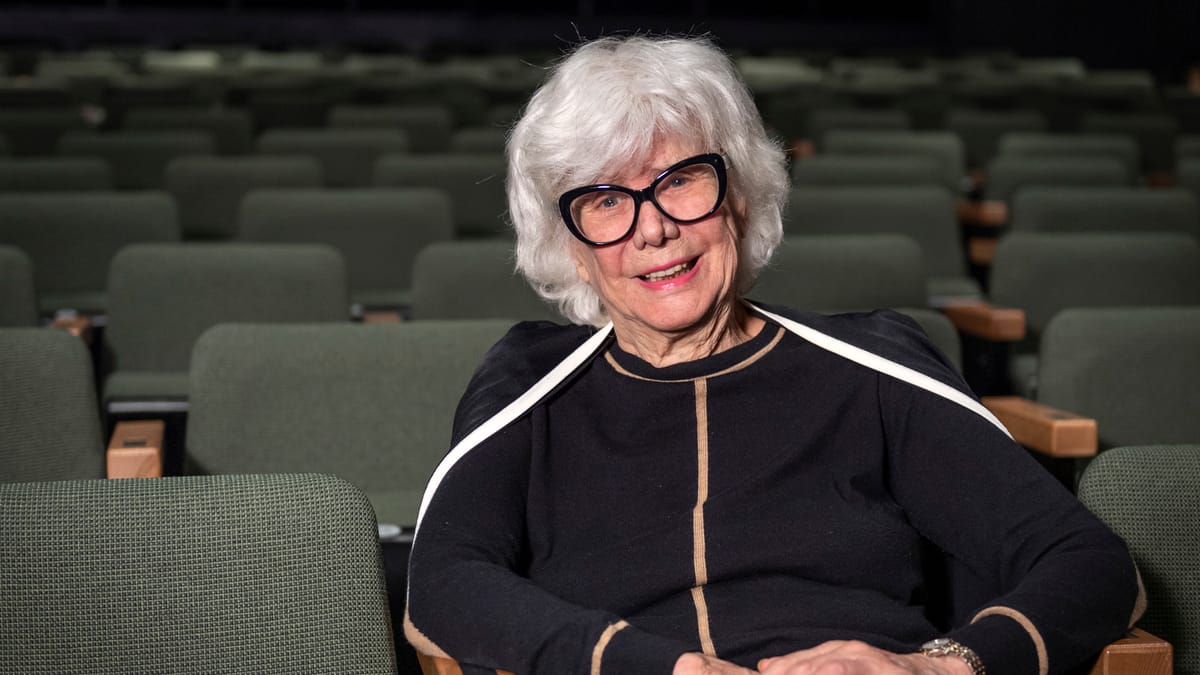(Montreal) Quebec musicians are pinning their hopes on Bill C-11 so that more Francophones will listen to music from here on streaming music services.
About 30% of physical albums sold in Quebec in 2022 were recorded by Quebec artists, according to the Statistical Institute of Quebec. However, on online music services such as Spotify, YouTube or Google Play Music, the share of listeners associated with Quebec performers drops to around 8%.
Such statements worry David Bossier, a musician who sits on the board of directors of the Artists Union.
Many listeners listen to songs recommended by algorithms. However, these are aimed at the widest audience globally and tend to recommend artists who sing in English, to Mr. Bussier’s regret.
He adds that Quebec’s cultural identity will be weakened if Quebecers ignore local musicians more than was the case in the past.
“The result: the Quebec public is not sufficiently exposed to his music. Since it is not sufficiently exposed, it does not know it well,” asserts Mr. Bussière, one of two members of the Alfa Rococo duo.
Bill C-11, currently before the Senate, would help boost the visibility of francophone musicians by requiring online music services to promote local artists, he says.
If passed, the law would require foreign online music services to “reflect and support Canada’s bilingualism by highlighting the creation, production and broadcasting of programs in the original French language, including those of French-speaking minorities.”
Artists receive low royalties every time one of their songs is played on the online music service. For example, a song played 1 million times on Spotify will generate $5,000 in income for the artist, says Mr. Bussier. However, online music services are used by musicians to build a viewing audience for their concerts, which helps them participate in major festivals.
But if musicians can’t build an audience, up-and-coming musicians will find it difficult to make a living from their art, says Bussier.
“In the end, this will reduce the impact of music from here on the audience. Our cultural identity will be diluted.”
In November, the Statistical Institute of Quebec reported that only four Quebec artists were among the 50 artists listened to on streaming music services in Quebec from October 15, 2021 to October 13, 2022.e Place ahead of Charlotte Cardin (17e) – including several songs in English – Enima (19e) and Foki (39e).
Yves Barry, general manager of ADISQ, believes that Quebecers want to hear music produced by local musicians, but find it difficult to find. Record stores were using a lot of Quebec songs, you remember.
When CDs dominated, Quebec artists accounted for about half of sales, says Mme ready.
Listeners cannot research what they do not yet know. They rely on algorithms and pre-set playlists. Online music services don’t give precedence to Quebec artists, mme ready.
ADISQ’s Director General supports Bill C-11. She argues that music plays an important role in Quebec culture.
“It’s a social bond. We all have memories associated with certain songs. I think of the songs of my adolescence, for example. People of my generation share one of the memories associated with the same songs. It’s part of a collective heritage.”
However, opponents of the bill claim that it will not necessarily help Quebec artists.
In September, Spotify’s head of brands and artist partnerships, Nathan Wisiac, told a Senate committee that the online music service allowed listeners to discover artists they’d never heard before on the radio.
“Seven of the top ten CFA artists to be aired live are indie rappers and only two of them are currently on the charts of French-language Canadian radio stations,” he said.
Mr. Wisziak wants rules that “should provide Canadian consumers with choices and maintain control over their listening experience.”
The bill has also faced criticism from content makers who fear they will be unable to meet Canadian content requirements and civil liberties advocates who reject increased state regulation of the internet.
Sarah Bannerman, a professor of communications at McMaster University in Hamilton, worries about how the CRTC will use its new powers granted by law.
She points out that the CRTC may not force music services and other platforms to change their algorithms. Promotional campaigns aimed at promoting Canadian content or forcing companies to make it easier to search for a type of music could instead be chosen.
P was foundDr Bannerman believes the algorithms should be accessible to independent researchers and the CRTC. She adds that the algorithm’s recommendations are not neutral. They can add bias to popular content. It can also generate biases based on race or gender.

“Amateur entrepreneur. Professional internet expert. Zombie maven. Incurable pop culture scholar.”








